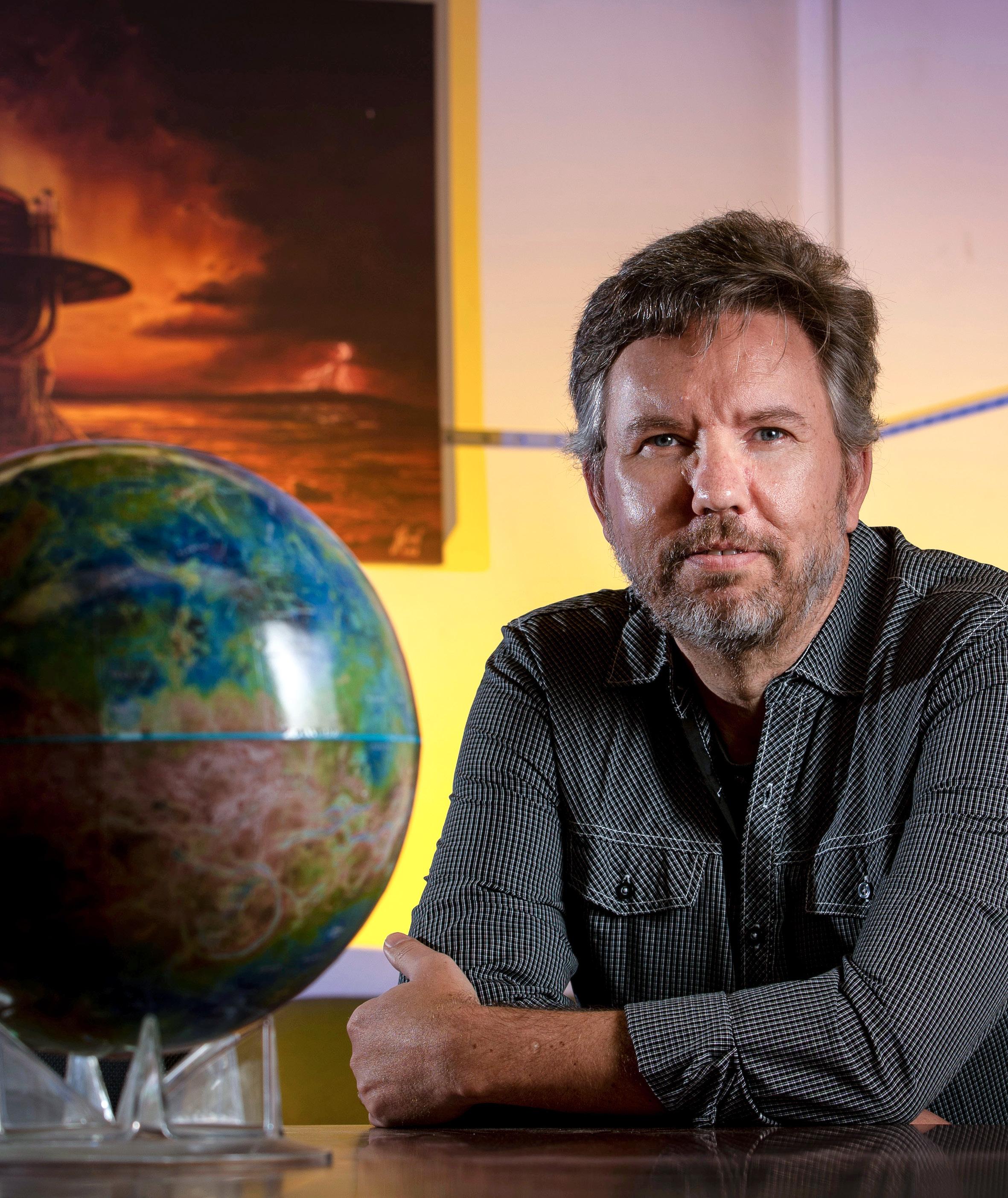ALUMNI STORIES – MEDICINE
‘The Tissue Detective’ on making a difference The alumnus making life-saving impact as a melanoma researcher, educator and clinician.
When pathologist Professor Richard Scolyer AO
On receiving an Order of Australia (AO) in June 2021 as
(BMedSci 1987, MBBS 1990) was a student at Launceston’s
part of the Queen’s Birthday Honours, Richard said,
Riverside High School, a teacher said to him, “If you
“We have an amazing team of people doing world-
aim for the stars, you’ll reach the treetops, if you aim
leading melanoma research and it’s a huge honour to
for the treetops, you won’t get off the ground.”
be leading that team and to be recognised in this way.”
Richard certainly took the advice, and is now the
Richard has received numerous other awards and
world’s most-published scientist in the field of
recognitions, including being the first pathologist to be
melanoma pathology.
named Outstanding Researcher of the Year at the 2020
He has been at the forefront of virtually all major advances in melanoma in the last 20 years, resulting in vast improvements in survival of melanoma patients. “Just a decade ago, if melanoma patients’ disease had
NSW Premiers Awards for Outstanding Cancer Research. In the same year, he was recognised by his peers with the Royal College of Pathologists of Australasia Distinguished Fellow Award.
reached their internal organs, less than half of those patients would be alive within a matter of months,” Richard said. “Now, because of incredible discoveries, 50 per cent of such patients are alive at five years.” The discoveries include treatments such as immunological therapies, described as “the penicillin moment for cancer therapy”, according to Richard’s colleague and Co-Medical Director at Melanoma
Education is so important to provide opportunities to be able to make a difference to other people’s lives.”
Institute Australia, Professor Georgina Long AO. Therapies which use the body’s immune system to kill
In addition to his Co-Medical Director role at MIA and
melanoma cells are not only having significant impact
co-leading MIA’s world-renowned translational research
on melanoma patients, but are “now being translated
laboratory at the University of Sydney, where he also
to other cancers,” Richard said. “The impact goes
teaches, Richard is a senior specialist at Sydney’s Royal
beyond melanoma.”
Prince Alfred Hospital and NSW Health Pathology. And where did the interest in melanoma come from? “Melanoma is Australia’s national cancer, so it’s only appropriate that we lead the world in innovation and outcomes. But prevention is better than cure,” Richard said, adding that people need to limit their sun exposure and avoid sun beds. He also emphasised the importance of early detection. “Know your own skin, know if something has changed and have it checked by a health care professional,” he said. “Melanoma is the commonest cancer in young adults in Australia. It doesn’t discriminate and can occur in both old and young.” Richard grew up in Launceston and is a proud Tasmanian, grateful for the “incredible teachers” who mentored him during his training at medical school at the University of Tasmania. “We had such inspiring teachers, people such as (the late) Konrad Muller, David Challis, and John McArdle,” he said. Professors Georgina Long and Richard Scolyer.
31























